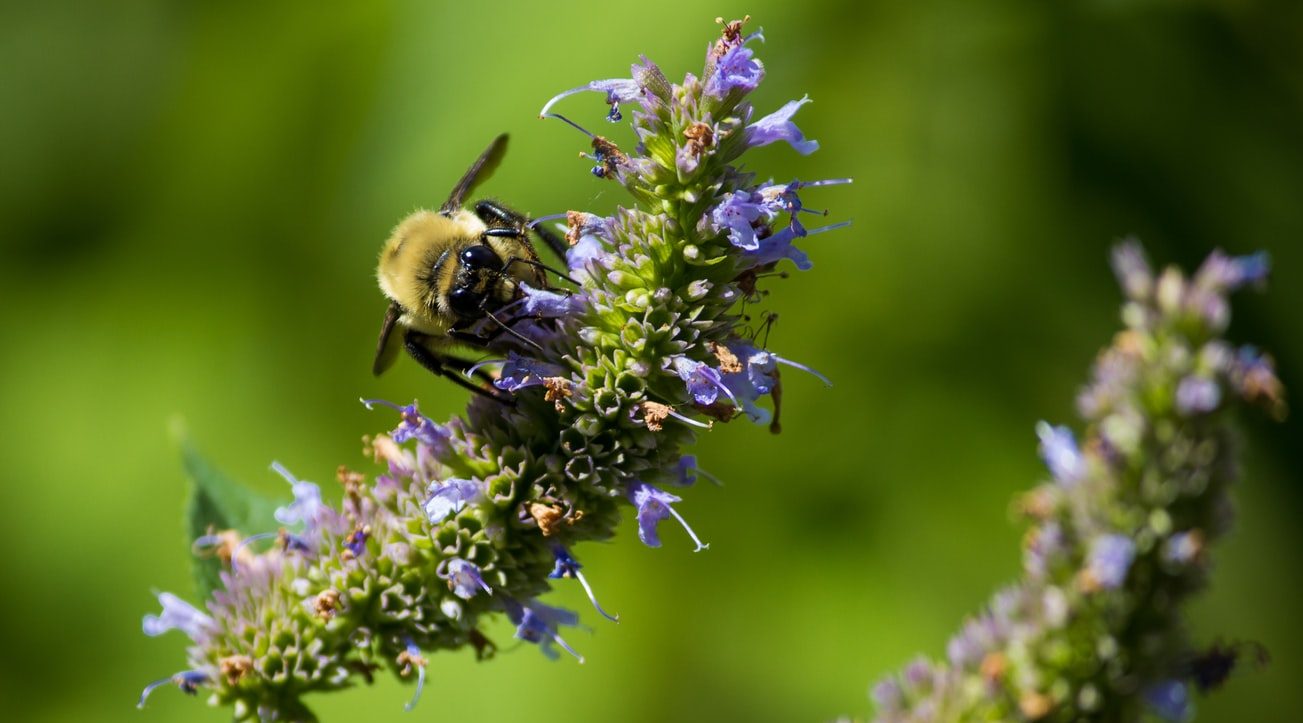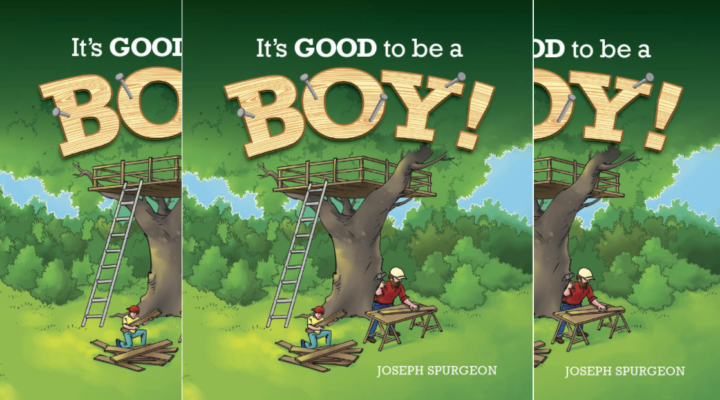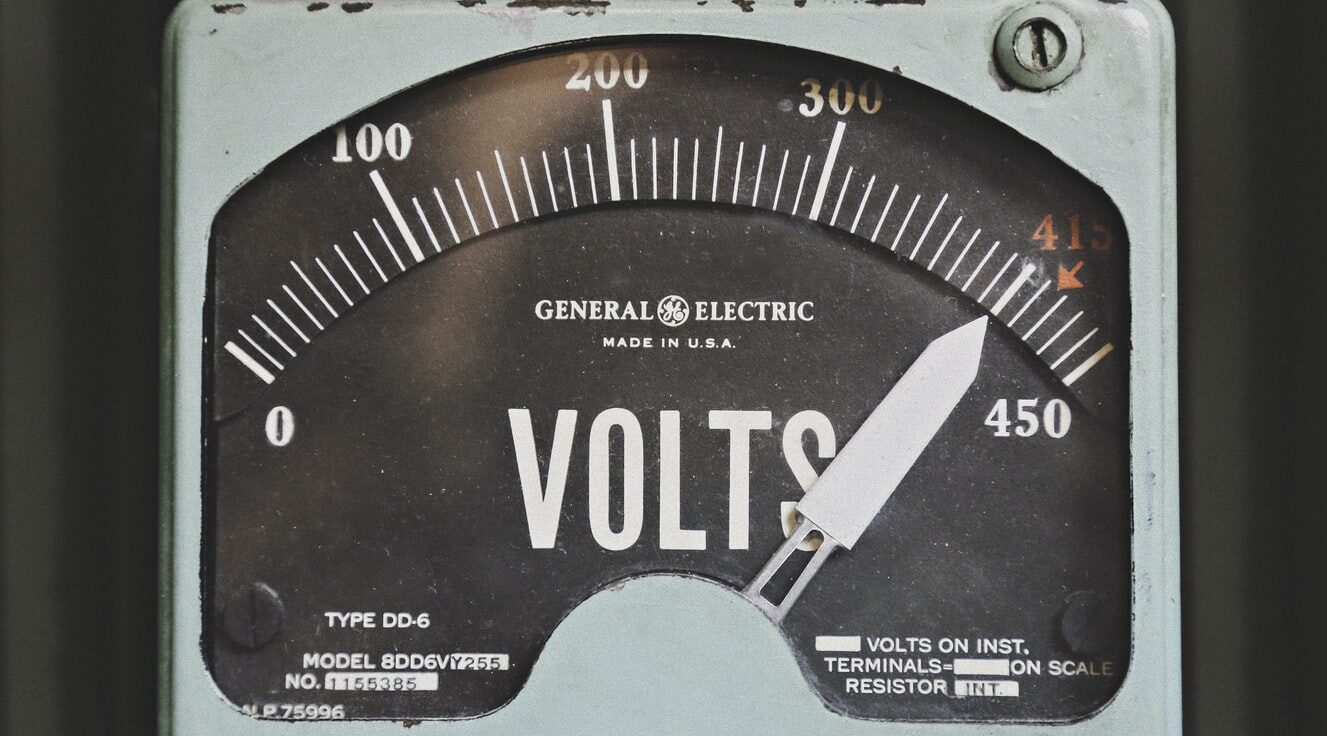I am going to take a break from Psalm 119 memorization and devotionals to focus on preparing a few sermons to preach at an FCA event in Ohio. But I’m still going to publish a couple of posts in the pSaturday Psalms category.
I chose Psalm 51 as my text to preach from. I would appreciate your prayers for me and for the event which is November 2 & 3. Here’s a little snippet of what is pressing on my heart from this portion of God’s Word.
WhaHyssop?
The hyssop shrub is mentioned in both the Old and New Testaments. The first mention in the ESV is at the time of the Exodus:

Photo by Jeffrey Hamilton on Unsplash
Exodus 12:22 ESV Take a bunch of hyssop and dip it in the blood that is in the basin, and touch the lintel and the two doorposts with the blood that is in the basin. None of you shall go out of the door of his house until the morning.
Moses mentions it again in Leviticus and Numbers. Its use was related to the ceremonial law. It was dipped in the blood of a sacrifice and use to sprinkle or apply that blood as representative of cleansing. A cursory search on the term in the OT doesn’t yield anything terribly exciting or exceptional about it. I’ve heard that it was really common, so no one would have any excuse for not being able to find some hyssop.
Hyssop Applied
The author of Hebrews refers to the hyssop in chapter 9.
Hebrews 9:19-22 ESV For when every commandment of the law had been declared by Moses to all the people, he took the blood of calves and goats, with water and scarlet wool and hyssop, and sprinkled both the book itself and all the people, 20 saying, “This is the blood of the covenant that God commanded for you.” 21 And in the same way he sprinkled with the blood both the tent and all the vessels used in worship. 22 Indeed, under the law almost everything is purified with blood, and without the shedding of blood there is no forgiveness of sins.
It was an essential part of the old covenant, transferring the blood to the elements.

It was available everywhere. And it was used particularly in Numbers 19 for the cleansing of a person who had touched a corpse. That’s what makes it so interesting when David prays to God:
Psalms 51:7 ESV Purge me with hyssop, and I shall be clean; wash me, and I shall be whiter than snow.
That Ain’t Your Mama’s Hyssop
David is guilty of the death of Uriah (2 Samuel 11:15). Although he hadn’t physically touched Uriah’s dead body, there is a sense of uncleanness because of his involvement in Uriah’s death. So when David cries out to the Lord to be purged with hyssop, he is calling on God to cleanse him from his sin. David could have offered more sacrifices than nearly anyone who has ever lived. He was a rich man! But he knew that God delights in “a broken spirit; a broken and contrite heart,” rather than animal sacrifices (Psalm 51:16-17. And certainly, hyssop is a foreshadow of something…or Someone.
So what is the miracle plant which was available to apply the blood of the sacrifice to David’s soul? He is the Holy Spirit. David’s hyssop (and I daresay ours as well!) is God the Holy Spirit who is ever-present, always ready to apply the sacrifice of Christ to the soul who calls on Him. It is not the blood of bulls or goats ceremonially carried by the hyssop plant which forgives the sins of men, but the blood of the Lamb—sprinkled by God’s Spirit Himself (1 Peter 1:2).

Photo by Fabian Mardi on Unsplash
David knew the depth of his sin and called out on the only Helper He could rely on, God. David saw the Old Covenant’s ceremonial cleansing for what they were, shadows pointing to a greater reality to come. A reality which was, but was not yet at the same time. Now we look back with the help of the book of Hebrews and we can see the hyssop’s purpose and what it prefigured. And we can be thankful that when God cleanses a man, he is thoroughly washed, whiter than snow!
God will call nothing unclean that He has made clean (Acts 10:15), and if you have been sprinkled by the blood of the risen Christ by His Holy Spirit, you are forever clean!






Robert, thank you very much for the kind words, brother. That sincerely means a lot to me that your spirit…